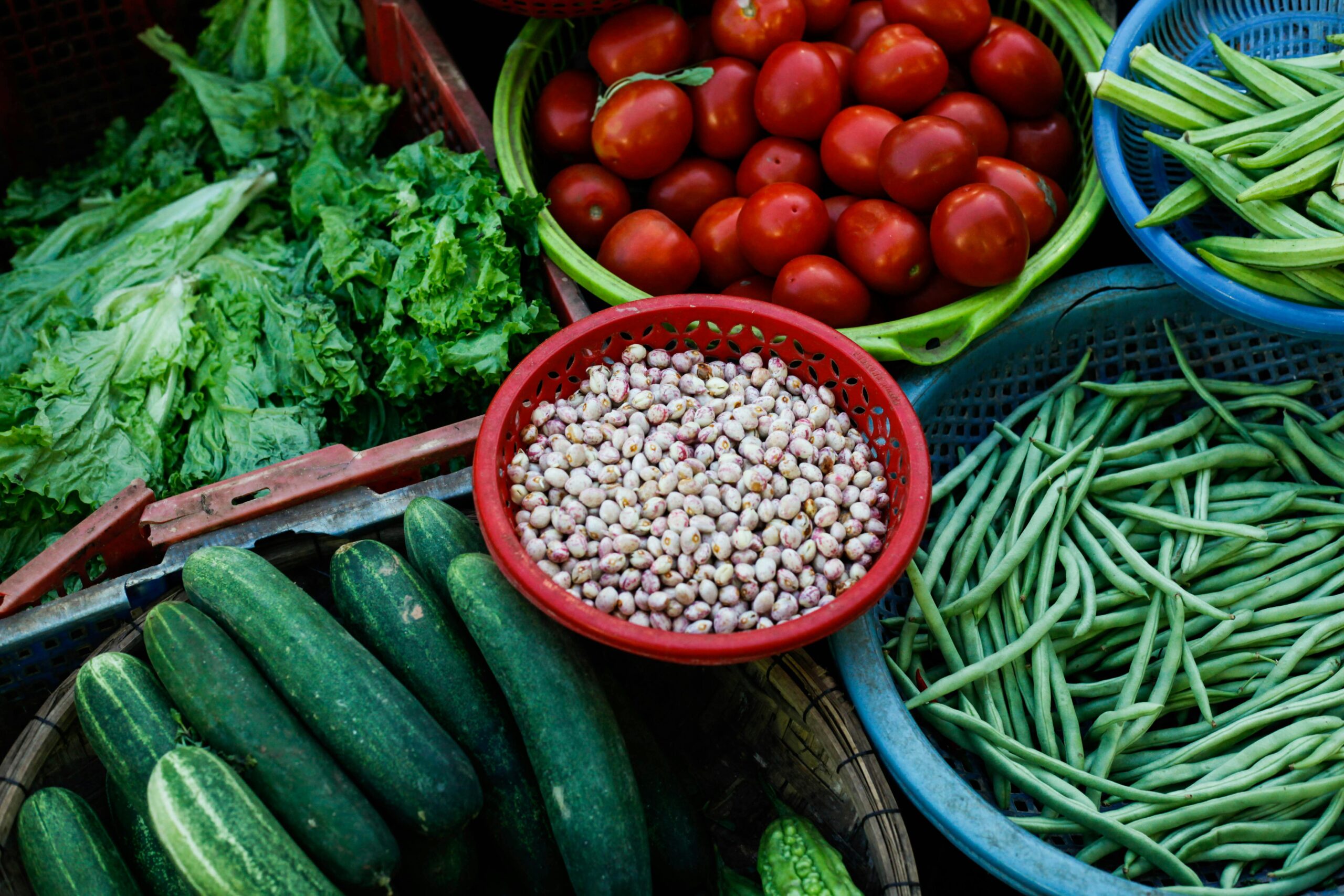
In Nigeria’s competitive and often unpredictable food service industry, managing food costs while maintaining high-quality meals is one of the biggest challenges restaurant owners and food service providers face. From inflation and fluctuating exchange rates to inconsistent food supply chains, food businesses must find ways to keep costs down without compromising the taste, freshness, or value that customers expect.
There are smart strategies that can be executed in managing food costs to reduce food expenses while preserving menu quality and customer satisfaction and restauranteurs ought to know this.
Why Controlling Food Costs is Crucial
In Nigeria, food cost can make up 50–60% of a restaurant’s operating expenses. If not well-managed, it leads to:
- Low profit margins
- Excessive food waste
- Inconsistent pricing
- Poor quality dishes
- Unhappy customers
However, if food costs are effectively controlled, restaurants can improve profitability, maintain consistency, and build a loyal customer base of happy people.
1. Track and Monitor Food Costs Consistently
Managing food costs would seem almost impossible if food costs is not measured. Calculating your food cost percentage would be a good place to start. It is done by:
Food Cost % = (Cost of Ingredients ÷ Food Sales) x 100
Managing food costs would also require that you monitor your costs weekly or monthly to identify areas of overspending and make informed decisions. Tools like Bumpa, simple excel spreadsheets or mobile inventory tracking applications can be used.
2. Conduct Menu Analytics
Not all menu items are the same and bear the same cost. Some are high-profit and low-cost, while others cost a lot to prepare but don’t sell as well. The best thing to do is to:
- Analyze best-sellers and low performers
- Remove or rework items with low profit margins
- Introduce new dishes using cheaper, locally sourced ingredients
- Promote combo deals or family-size meals
Menu analytics allows you to prioritize high-margin items while managing food costs and still offering variety and value
3. Source Ingredients Locally and Seasonally
Importing food items or buying out-of-season produce in Nigeria increases cost drastically. Embracing local, seasonal produce helps in managing food costs, reduces transportation expenses and supports local farmers.
Imported bell peppers can be replaced with tatashe or Cameroon pepper and locally farmed catfish or tilapia can be useed instead of imported seafood. Locally sourced ingredients can cut costs which would help in mananging food costs and boost your brand’s authenticity.
4. Recipes and Portion Sizes
A major cause of food cost inflation is inconsistent portions and recipe variations. Managing food costs and still maintaining quality can be done and implemented in the following ways:
- Create a recipe card for each dish, with exact measurements
- Train kitchen staff to follow it strictly
- Use measuring tools (spoons, cups, scales)
- Pre-portion items during prep time
This ensures customers receive the same quality and quantity every time, and helps you avoid overuse of ingredients.
5. Buy Food Items in Bulk
Bulk purchasing helps in managing food costs as it reduces unit costs, especially for dry goods and non-perishables. However, food service providers must be careful not to overstock perishables that may spoil.
Food service providers can partner with local wholesalers and suppliers for rice, flour, oil, amongst other things. They should also invest in proper storage equipments like deep freezers and shelves. In addition, always balance quantity with shelf life, especially in Nigeria’s warm climate.
6. Reduce Food Waste at Every Stage
Every ounce of wasted food is money lost. In Nigeria, poor refrigeration, over-preparation, and unconsumed leftovers are common sources of waste amongst others. Waste can be reduced by:
- Training staff on first-in, first-out (FIFO) stock rotation
- Offering different portion sizes
- Repurposing unused ingredients
- Using smart labeling to track expiry dates
Reducing waste not only cuts costs but also supports sustainability efforts.
Managing food costs without sacrificing quality is not just possible—it’s essential for running a profitable and sustainable restaurant in Nigeria. With the right strategies—ranging from recipe standardization to smart procurement—you can keep your customers satisfied and your business thriving.
In a tough economy, what sets successful restaurants apart is not just the taste of their food but how well they manage costs while delivering value. Even when costs are trimmed, maintaining consistency in taste, service, and presentation helps preserve your reputation.

Leave a Reply